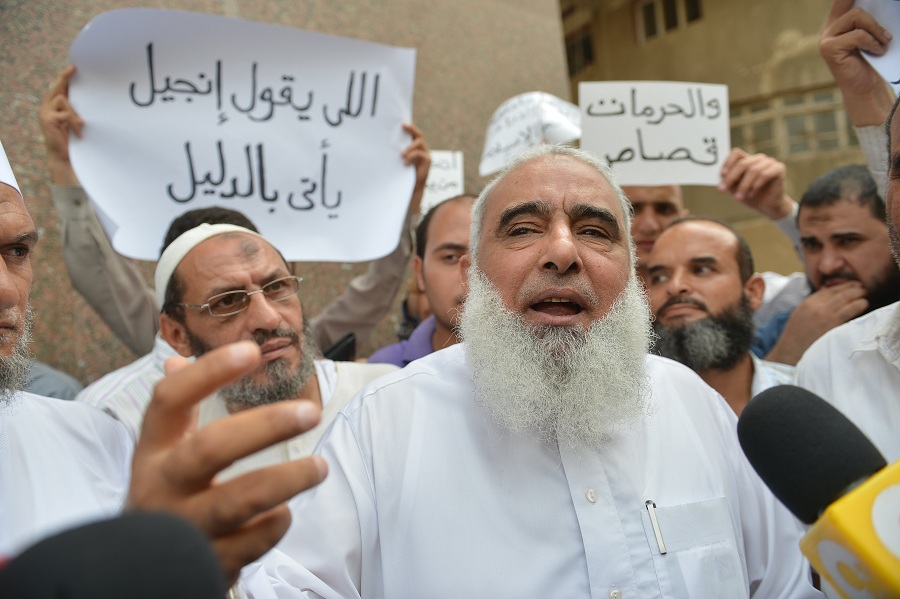President Abdel Fattah Al-Sisi held on Tuesday a meeting with a number of representatives from non-governmental organisations (NGOs) in Egypt to cooperate between the state and the NGOs, a statement from the presidency said.
The meeting was held at the headquarters of the presidency in Itihadiya Palace and was attended by the ministers of social solidarity, housing, health, and education. Among the NGOs that attended were the Magdy Yakub Heart Foundation, El Gamaaiah El Sharaaiah El Raaisyah, and the Orman Charity Association.
During the meeting, the Minister of Social Solidarity Ghada Waly noted that there are 48,000 NGOs that are registered officially with the ministry, adding that this large number of NGOs reflects the state’s interest in supporting such organisations.
She further emphasised the important role being played by these organisations in different sectors such as health and housing. She added that the financial expenses of Egypt’s 50 main NGOs in the fields of education, housing, and health were EGP 9bn.
According to the presidency, Al-Sisi welcomed the NGOs’ representatives and expressed his interest in carrying out similar meetings on a regular basis during the upcoming period.
Moreover, Al-Sisi stressed that all obstacles that these NGOs face should be eliminated. He also praised their role in supporting low-income citizens and working in all fields of education, eliminating illiteracy, and improving conditions for women.
According to the presidency’s statement, the NGO representatives showed Al-Sisi the projects and programmes that they have carried out in different fields and the social subsidies provided to the groups most in need.
They also told the president they were interested in fully coordinating with the government in order to participate effectively in the Sustainable Development Strategy: Egypt Vision 2030.
The meeting did not include representatives from NGOs that frequently prepare reports on human rights abuses in Egypt. Many of these organisations are under investigation, facing accusations levelled against them of receiving foreign funding for illegal activities.
In November, the parliament passed a controversial NGO Law that was widely criticised by different political and social groups, including civil society organisations currently involved in political disputes with the regime over human rights abuses.
Following the parliament’s approval of the law, 22 NGOs, four political parties and 19 public figures advocating for greater freedoms called on Al-Sisi to hinder the issuance of the new NGO Law by using his constitutional authority, which allows him to reject parliamentary laws within 30 days of their issuance.
Opponents of the NGO Law argue that the law in its current form includes flagrant violations of Egypt’s international commitments regarding the organisation of civil society work.
The 22 NGOs, which frequently compile reports on topics related to freedom of expression, torture, and enforced disappearances among others, are believed to have been the target of restrictions imposed by the new law, particularly on the issue of foreign funding.
In 2011, the government began cracking down on NGOs that received funding from foreign donors or states. The NGO foreign funding case has resulted in civil society workers being put on trial and enforced restrictions, such as frozen assets and travel bans.
It dates back to December 2011 when prosecutors, backed by the police, stormed the offices of 17 local and international NGOs, including the International Republican Institute, the National Democratic Institute, and Freedom House. The NGOs were being investigated for allegedly receiving illegal foreign funding for nefarious purposes.

